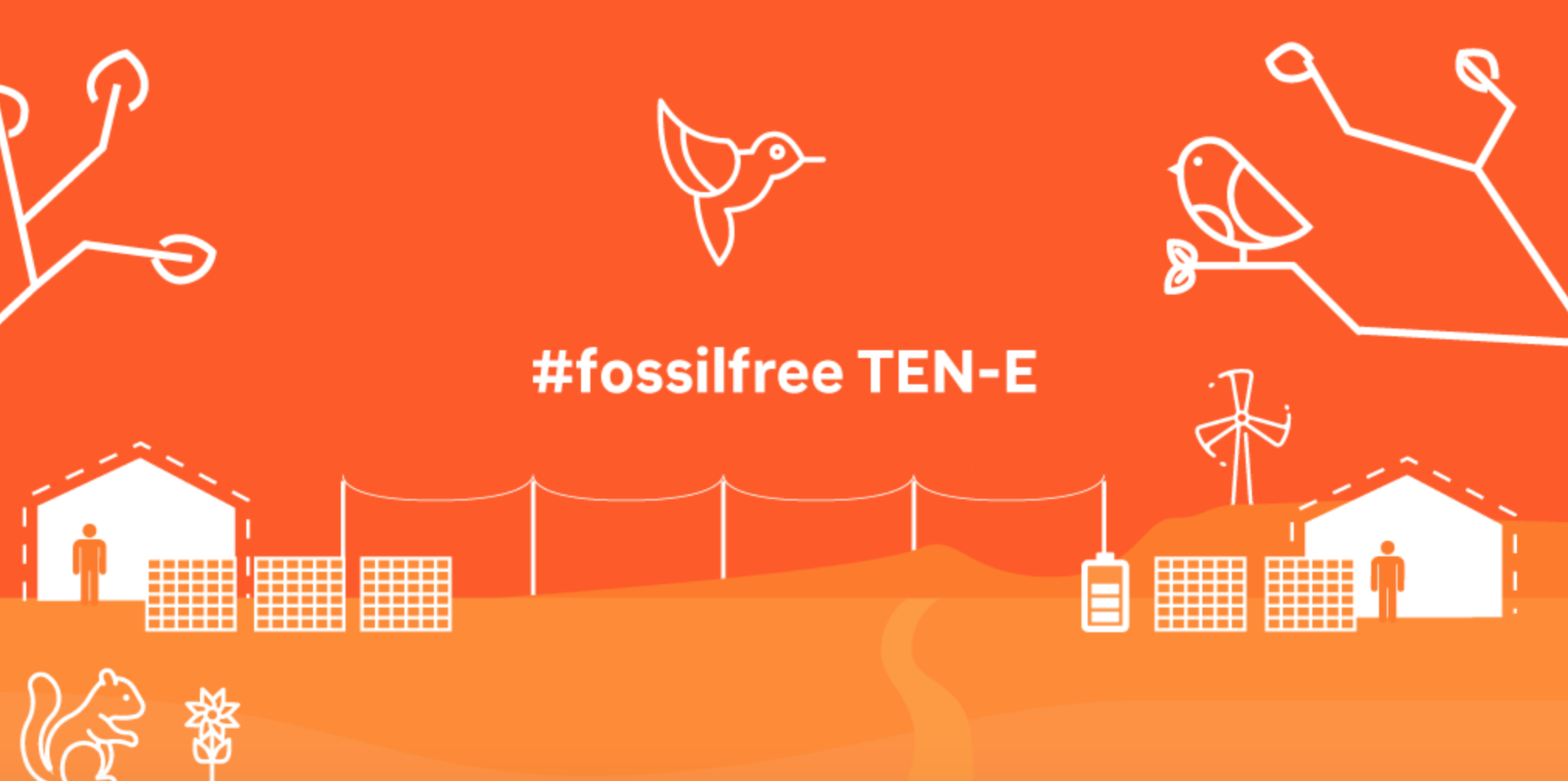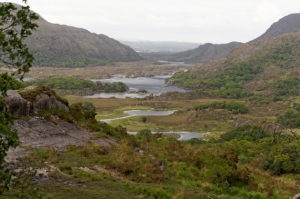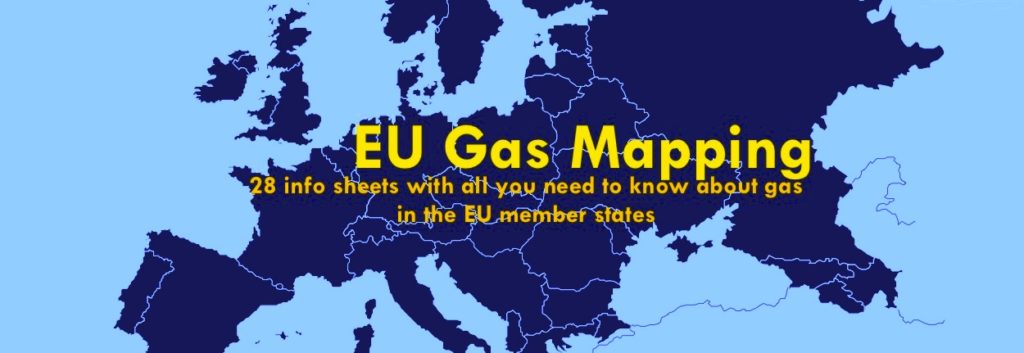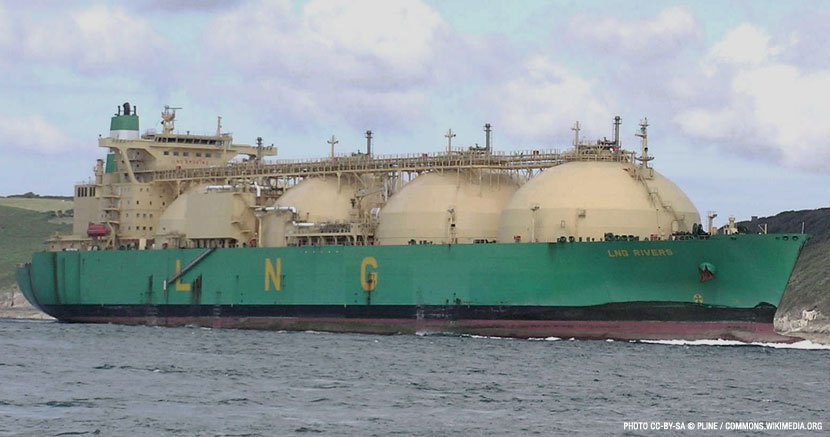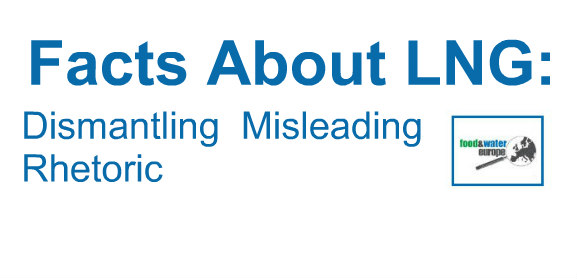 |
 |
 |
 |
 |
We all know that Europe needs to stop building fossil fuel infrastructure yesterday to be able to keep the global temperature rise below 1.5 degrees.
The current law on priority EU energy infrastructure, the ‘TEN-E Regulation’, is very much at odds with the aim of building a future proof, clean energy system. It’s the law that made it possible for 55 fossil gas projects to receive highest EU priority as ‘Projects of Common Interest’ (PCIs). The good news: The law will be revised and the EU commission is seeking input from NGOs, citizens, scientists etc. on what a new energy infrastructure law should look like.
How can you submit to the consultation?
- Click on the button below – it will generate an email to the European Commission with a pre-written text.
- Fill out your name and other details at the bottom of the email text.
- If you have time, try to personalise your submission as much as possible. You could add a sentence or two at the start to say where you are writing from and why you particularly care about this issue. Feel free to edit the text of the email.
Link not working? Click here for an alternative way to make a submission.
